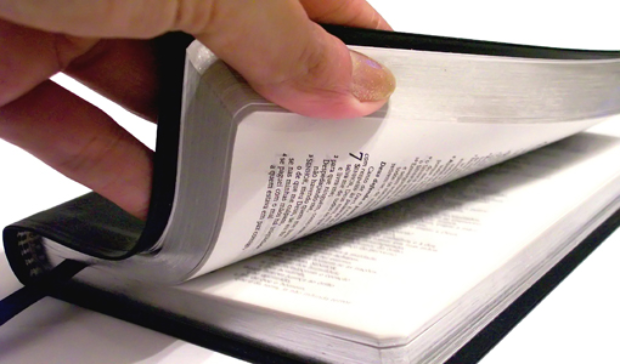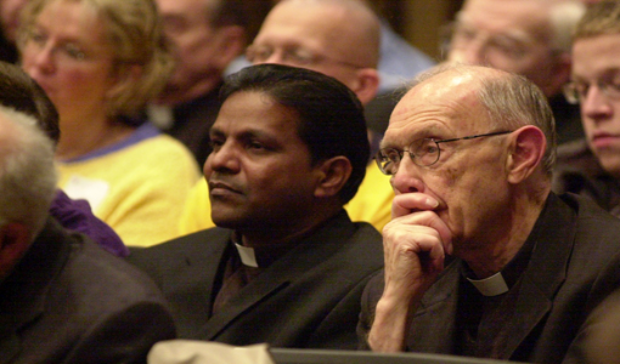Dr. Margaret Reif, School of Education, and Deborah Ruddy, Catholic Studies, taught a new third-level theology course called Christian Faith and the Educational Profession fall semester. Students majoring in education, theology or Catholic Studies enrolled in the course, and each student did 15 hours of work in local Catholic schools to supplement the course material.
Reif and Ruddy opened the course with reflection on teaching as a vocation in light ofChristian faith and the social mission of the Church. Students then studied the roots ofChristian education in the classical period beginning with St. Augustine. Theologicalanthropology, faith and reason, and the limits and possibilities of language were key topics. The class then moved into a study of broad themes within the Catholic intellectual tradition and the development of Catholic education in the United States.
The Christian understanding of freedom and educating the whole person were examined with an eye toward the challenges and possibilities of American culture. Students gradually began wrestling with the application of Christian faith in the institutional structure of Catholic schools, as well as in the design of the curricula from elementary school through college. Students pursued issues such as cultural and religious pluralism and the relationship between religion and science. Students also read “Ex Corde Ecclesiae” and discussed Catholic identity in university education. Another important part of the semester was the guest speakers (Catholic school principals, teachers and curriculum writers) who came to discuss the strengths and weaknesses of Catholiceducation today.
The final class allowed students to share highlights of their research papers on the practices of Catholic school education. Some of the topics included: creation and evolution in science courses; comparing the Jesuit and LaSallian charisms in Catholic education; teaching Catholic social teaching across the curriculum; virtue and character formation in the everyday practices of a Catholic school; and the implementation of “Ex Corde Ecclesiae” in a Catholic university.







